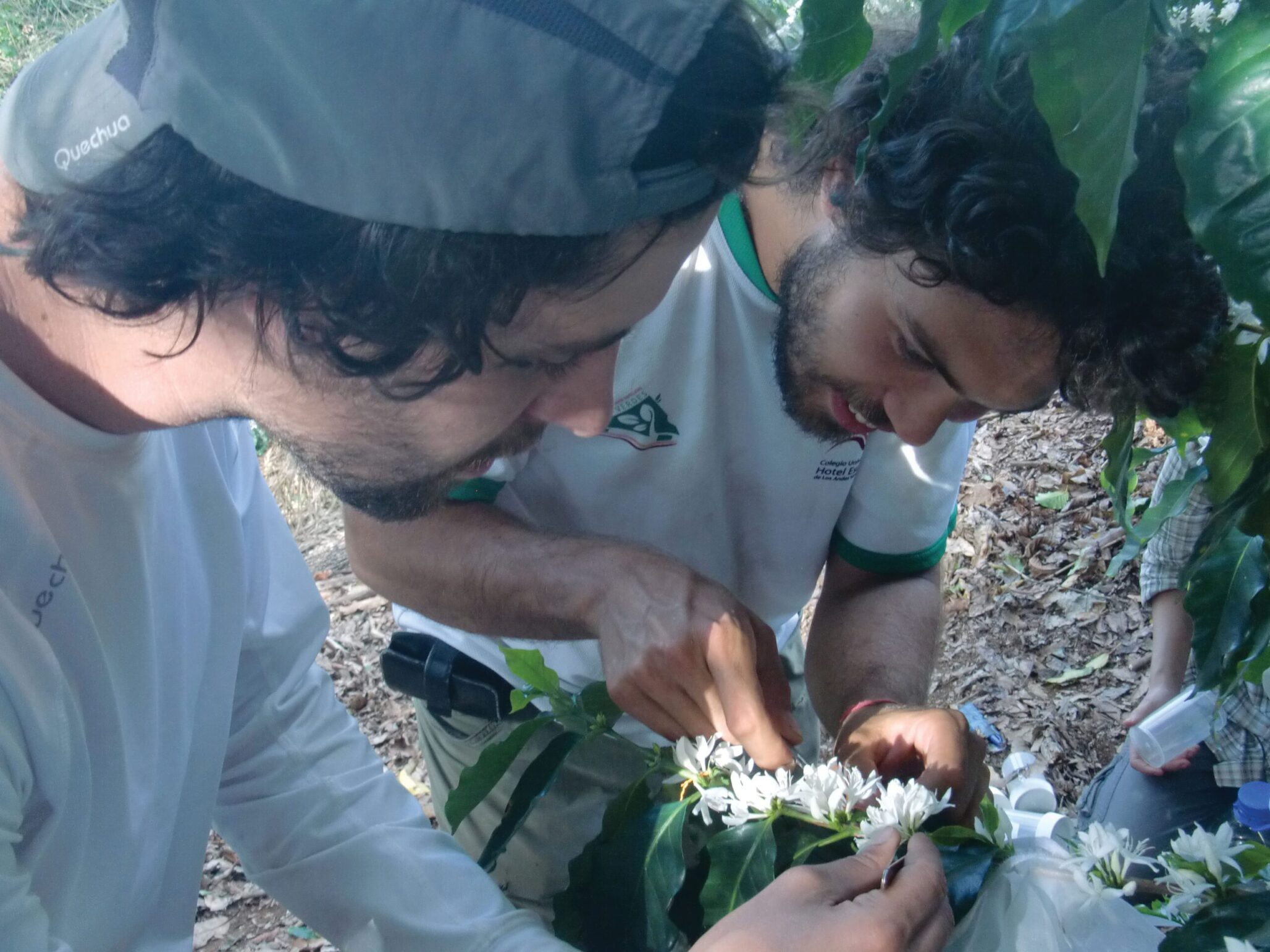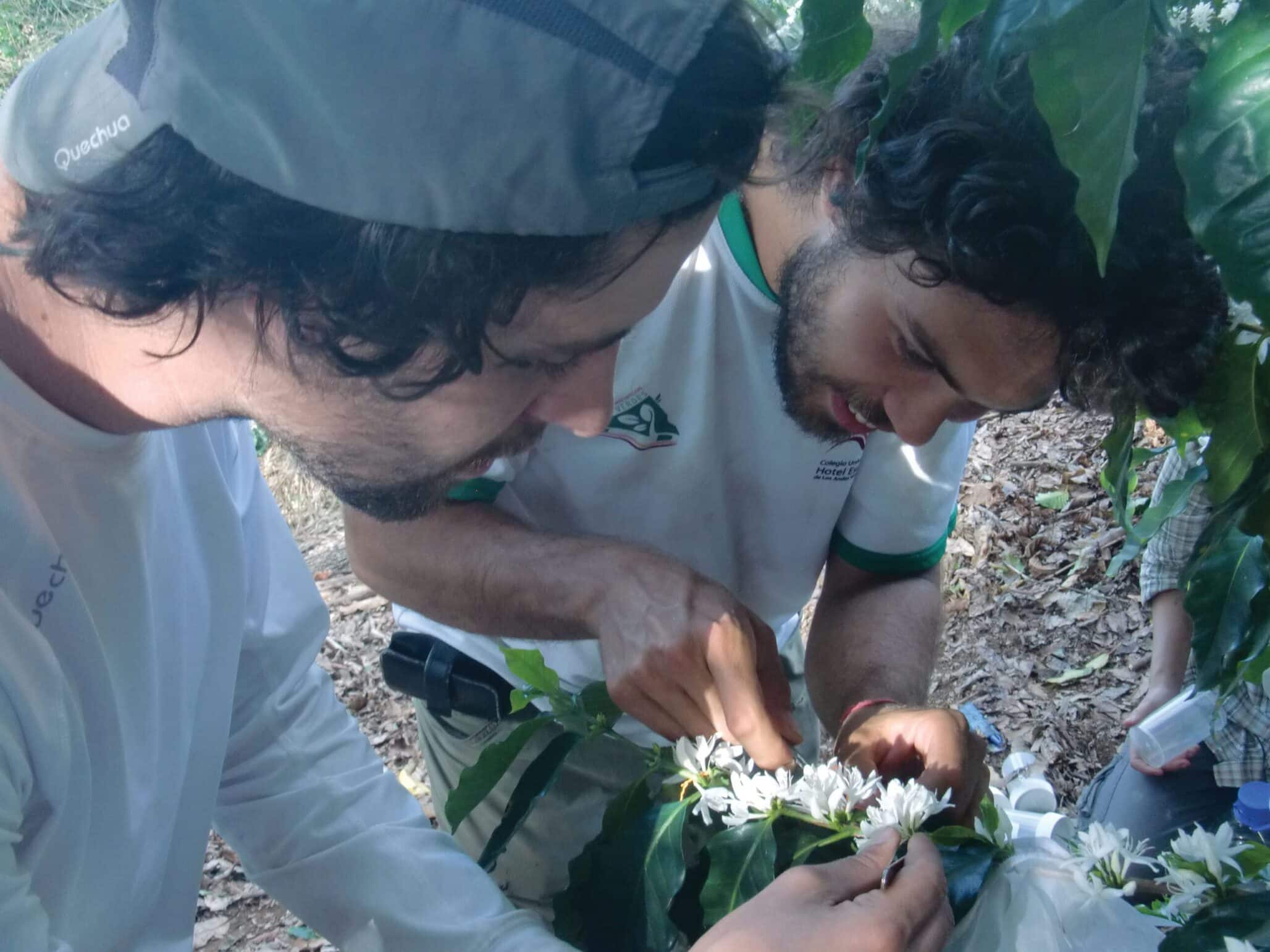The pace of climate change the world is experiencing is far greater than anything we’ve ever experienced before. At Tropic, our focus is on the tropical crop sector, mostly banana, rice and coffee. These are sectors, that today suffer greatly from climate change.
We’re already seeing impacts from climate change of many kinds, including pricing for consumers. Rice is up by nearly 30%; bananas are under threat; coffee has shot through the roof. Our goal is to take these very big, very important crops and help adapt them to the challenges that we’re seeing today globally. In that, gene editing plays a very important role.
For most crops that we want to adapt, breeding is an option. We have been breeding our food crops knowingly or unknowingly for more than 10,000 years. In certain crop types, however, breeding is really, really difficult. If we take bananas, for example, which have no seeds, breeding isn’t really an option. In order to change them (and notably in a non-GMO, non-transgenic manner) to make them more resistant to diseases or more nutritious, we use gene editing. I’m not sure that we would have been able to achieve the major improvements we have to bananas without gene editing.
Coffee is another example. Though it is a sexually reproduced crop, it is a very slow process to breed new varieties of coffee. In fact, breeding for a new variety can take up to 30 years. Using gene editing can provide solutions much faster.
Breeding better crops requires a whole toolkit of technological pieces that have to come together. Gene editing is one component in that toolkit. It’s certainly not the only tool but, without it, we wouldn’t have gotten to where we are now, and we wouldn’t necessarily have a solid path forward.
What’s ahead? My sense is that we are only in the beginning stages of gene editing technology. I see much more potential ahead in terms of technological advancement. Today, I believe that almost every PhD student studying biology uses CRISPR gene editing technology in one way or another, and I believe access and opportunities are going to continue to grow.
In the next few years, I expect we’ll likely see just a handful of salable CRISPR edited products hitting the market, but we’re going to see tens and hundreds of different products within the next decade. Why? A big aspect is a change on the consumer side. I think people are feeling the effects of climate change today very much, and I think that the necessity of using these technologies is now critical. People increasingly understand that if we don’t take action through new technologies, we’re going to have a very hard time fighting climate change while keeping the world fed.
For now, we need to continue to develop the technology to make it even more accessible, more effective, more efficient. Meanwhile, we must also work on the regulatory side. Tropic has received regulatory approvals in the US, the Philippines, Honduras and Colombia. The regulations require companies like us to invest on good resources, frameworks, and regulatory infrastructures.
There have been voices calling for making these technologies non-patentable to maximize access. It’s an age-old dilemma that pervades many industries. On the one hand, we fully understand that people want to make beneficial technologies accessible. But the counter to that, unfortunately, is that without creating a system that allows people to benefit from innovation, we just won’t see as much innovation. The patent system has been carefully crafted to create a balanced approach that works globally for all technologies and industries. In contrast, regulation tends to be specific to and tailored to the needs of a particular industry. We need a balance from our legislators: regulation of gene edited crops needs to be created in a thoughtful way that does not discourage innovation. Without incentives to innovate provided by the patent system, innovators, both individuals and corporations, might not pick up the long and expensive efforts to bring new products to market.
At Tropic, our team is highly motivated to help solve major global problems. Our internal motto is: ‘We bring genetic innovation to the people and the places that need it the most’. We see how a large piece of humanity is suffering extensively. There’s no question that gene editing is a pivotal, critical part of that solution — truly a science that is needed.












